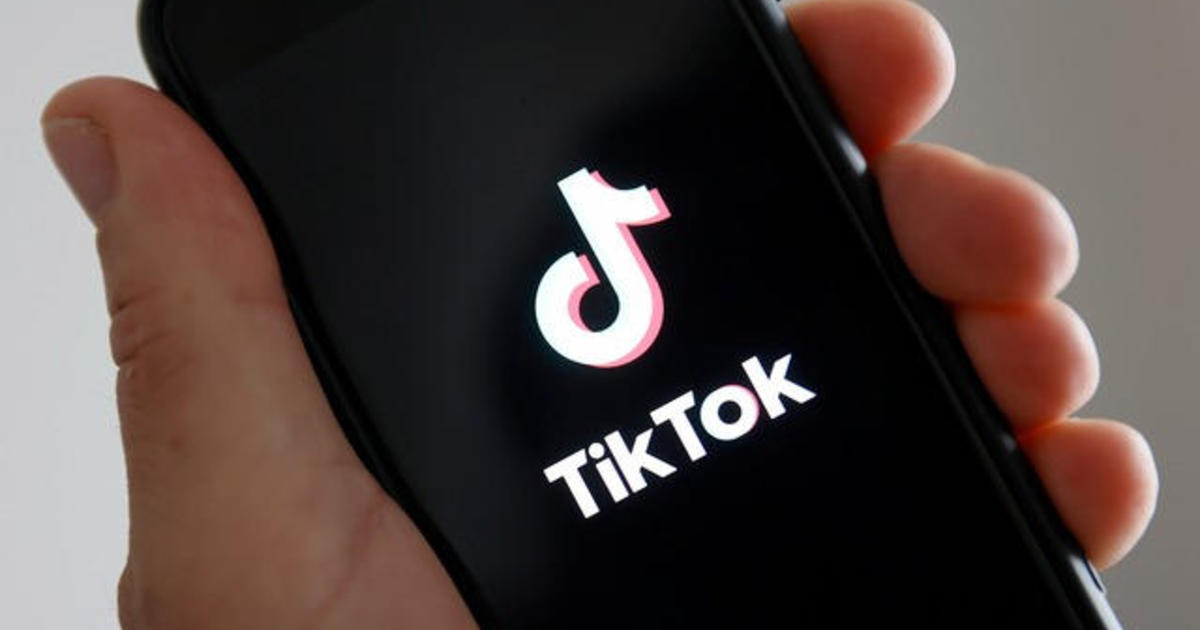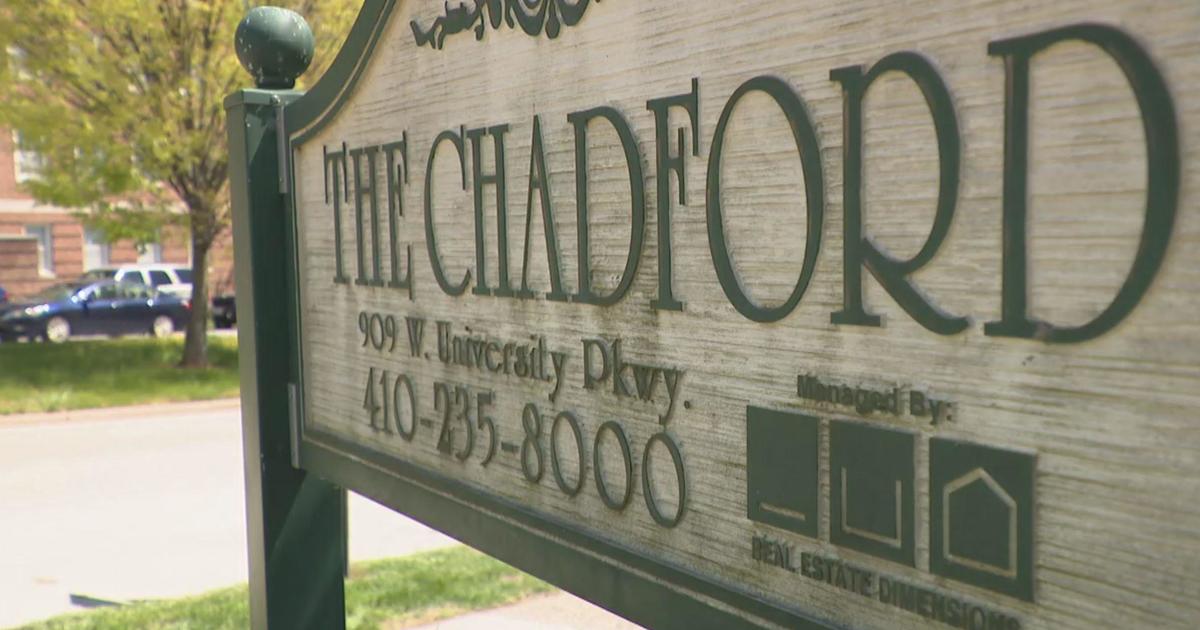UMBC President Freeman Hrabowski Says Having 'Honest Conversations' Is Key To Addressing Structural Racism
BALTIMORE (WJZ) -- As a teenager, Freeman Hrabowski was among hundreds of other Black boys who were arrested for participating in a march for civil rights in his hometown of Birmingham, Alabama.
Police commissioner Bull Connor spat in his face, rounded up the boys who were there, took them away for five days and as he said, "treated like animals."
So, imagine what this now internationally known President of the University of Maryland, Baltimore County thinks of the protests he sees happening nationwide.
"When I see the protests, I think of America at its best," Hrabowski said. "Because the point is American citizens are empowered to speak. To speak the truth. The other thing I think about that's different from 50 years ago is we see people of all races saying, 'Black lives matter.'"
WJZ's Vic Carter: "What do you say to people who have had to come to terms with the uncomfortable conversation of race?"
Hrabowski: "Race is one of the most difficult topics for people to discuss, especially in interracial groups. Yet, we've never had the conversations we need to have. We've had glimpses of it at different points, but we've never had the honest conversations about ways in which people have been mistreated. About ways in which our forebears were treated like animals, were not considered full citizens or human beings and the impact over the years of this structural racism.
It's about more than police brutality. This is still a great country, let me say that. As a Black child growing up in Birmingham, I know that. It doesn't mean we're perfect. We have problems. We have structural racism. But what I mean by that is every time we've gotten to these points, we've had enough people that have said, 'Okay, we can be better than this."
Hrabowski is quick to turn a conversation away from the painful experiences of his past to refocus on the present and the future, a future he says must address more than police brutality, but also disparities in education, health, jobs, income and the criminal justice system.



